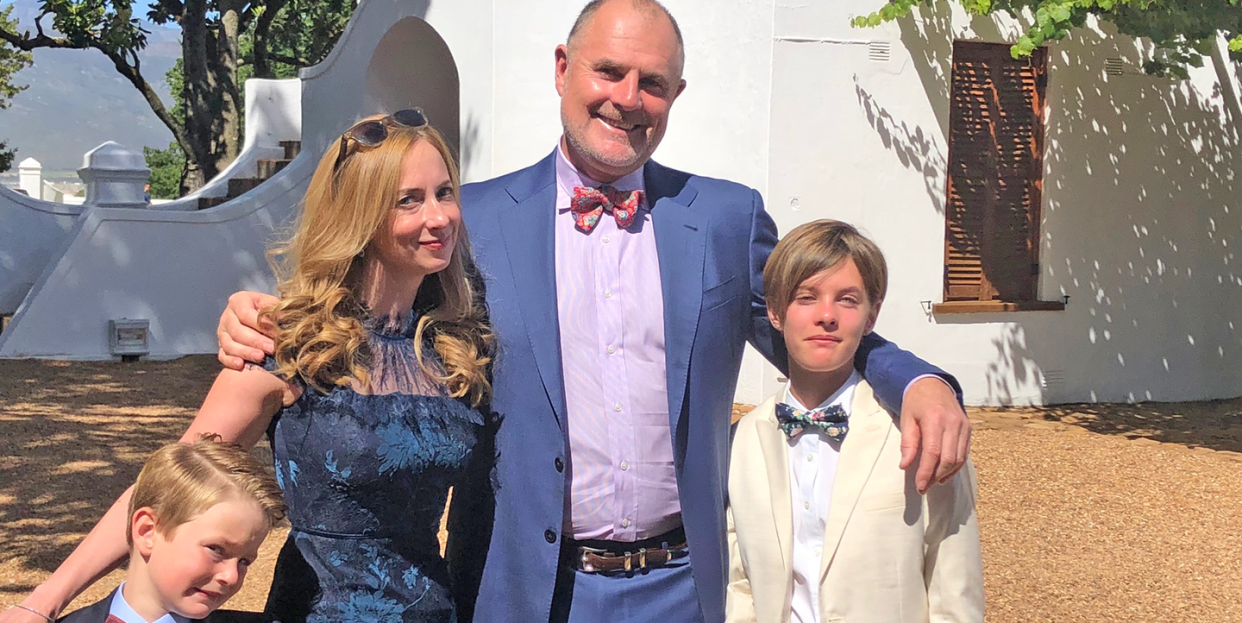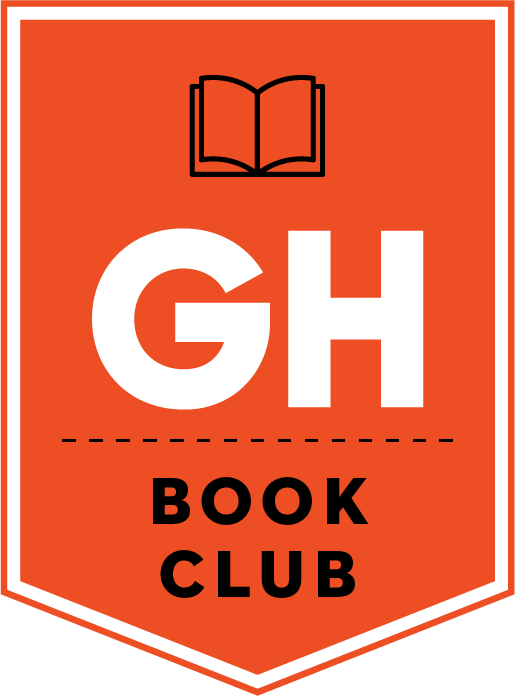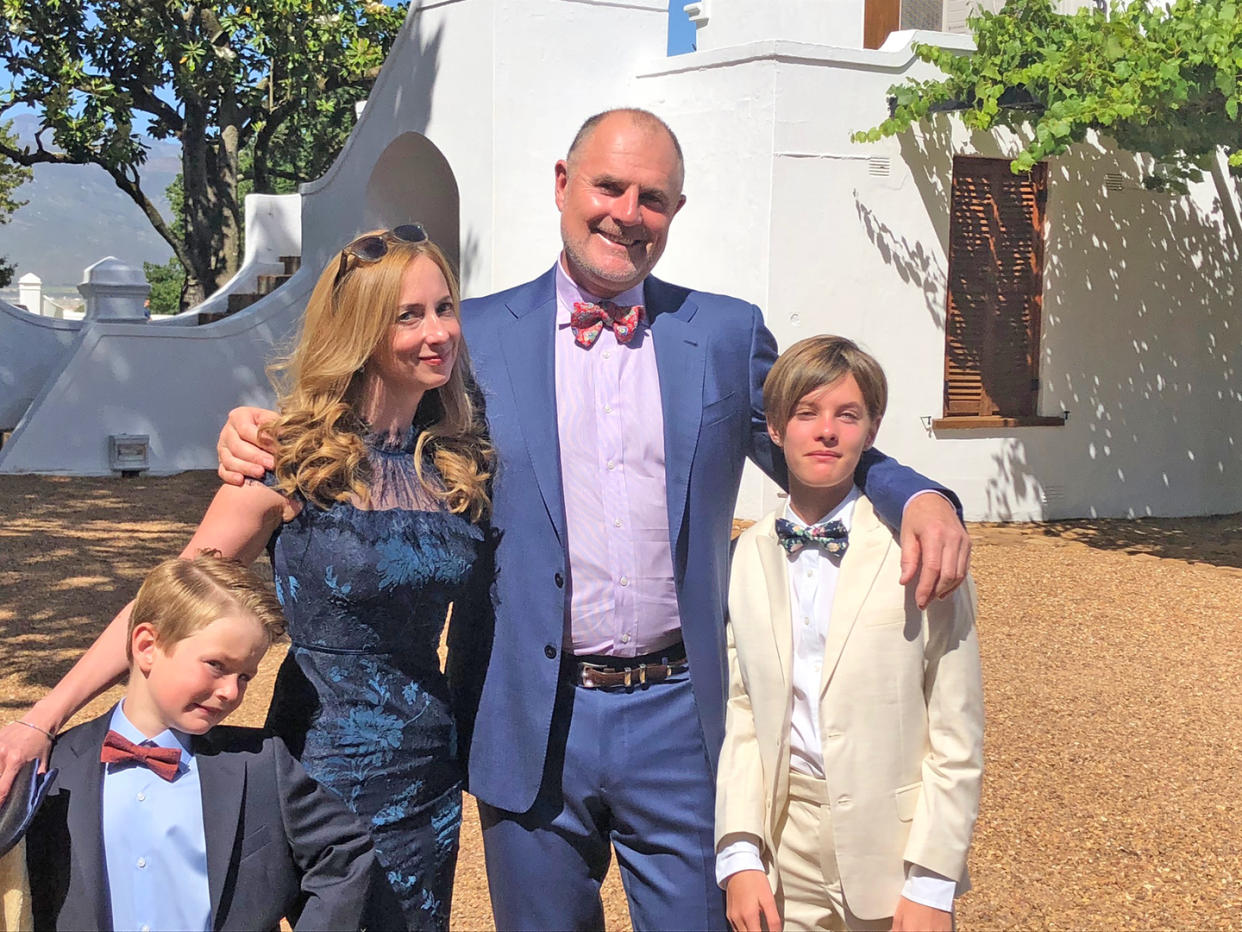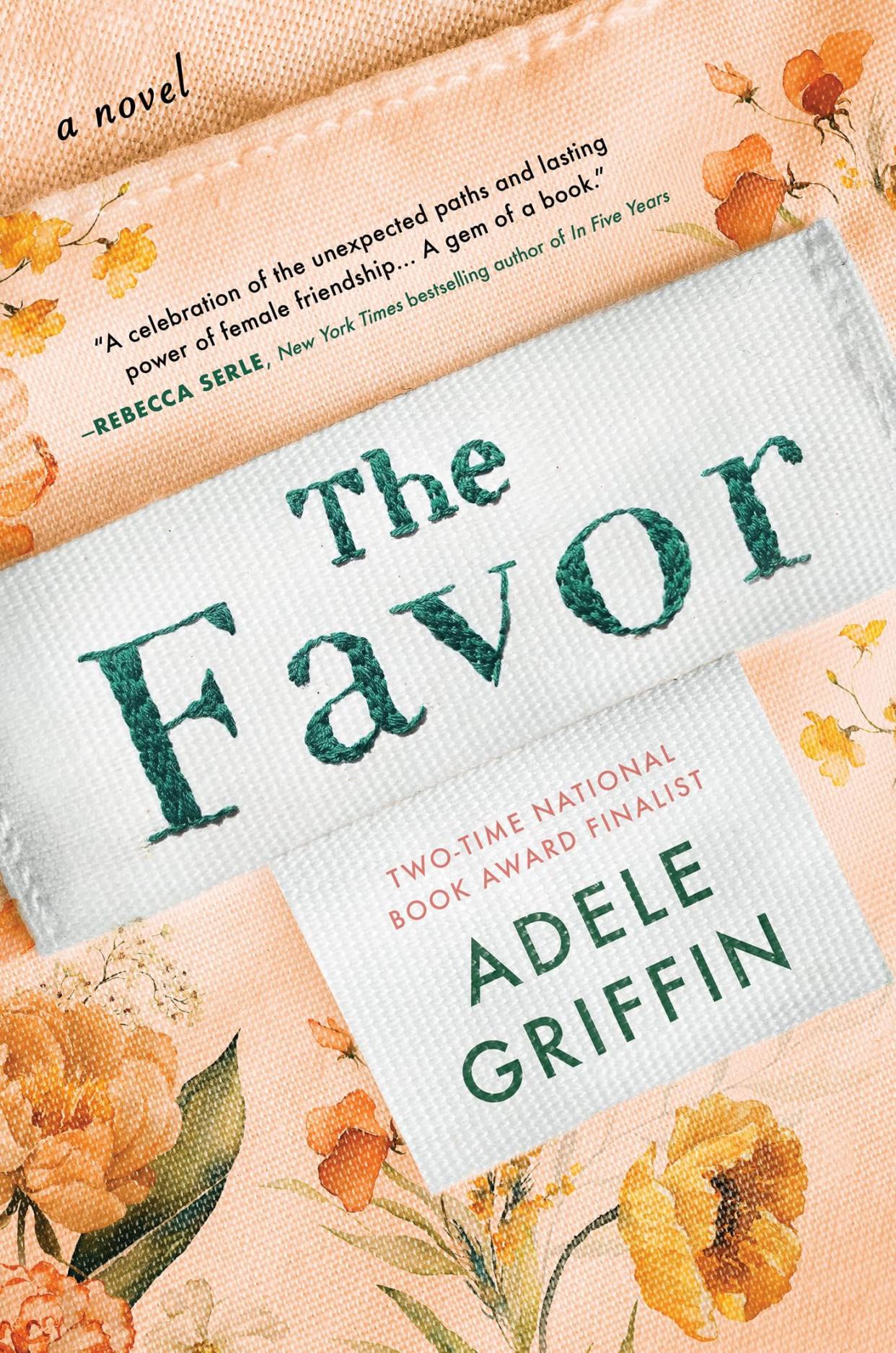When the Path to Parenthood Isn't What You Expected

"Hearst Magazines and Yahoo may earn commission or revenue on some items through these links."

In ninth grade, for reasons I’m now too old to remember, I learned the first half of the poem “One Art” by Elizabeth Bishop. Saying it aloud felt like an impressive party trick — and by “party” I mean my friends at the lunch table, because I was 15 going on 13 and nobody was inviting me to anything. But knowing even half that poem made me feel smart. Like I’d lived through some stuff.
“The art of losing isn’t hard to master,” I would recite grandly. “So many things seem filled with the intent to be lost, that their loss is no disaster!” I loved the poem’s glib energy. Loss; I was already over it!
Maybe that’s because as a teen, I hadn’t really lost anything yet. In fact, I was in my Acquisition Era. I’d soon traded my braces for a straight-toothed smile; on the heels of this win I got a real bra, a paying summer job, a driver’s license, a rattletrap old VW Rabbit and a taste of high school independence. When I sailed off to college and beyond, I scaled up with a full-time career, a marriage, a dog, a home. A grown-up life.
Even into adulthood, my husband and I were lucky enough not to have experienced much loss. So when we decided to roll the dice for children, losing a month, or six months, or a year, or even two years, to trying to conceive didn't seem like the end of the world. At least we had the means to keep at it.
We couldn’t have foreseen we were on the starting line of a nearly decade-long infertility journey. We wouldn’t have believed that we’d lose so much of our time, peace-of-mind, clarity and control. We didn’t know we’d lose the spirit of our romance, our sense of fun and humor and the easy communication that defined our newlywed bliss.
We didn't know what we had to lose, until we did
But lose we did. Month by month, year by year, we racked up our losses in failed IVF cycles, in mountains of medical bills, and most excruciatingly, in lost pregnancies.
As we came to painful terms with the fact that I couldn’t conceive or carry a pregnancy, at first my husband and I saw alternative options — surrogate carriers, donor eggs, adoption — only as a last resort. I felt ashamed and uneasy that my body could not perform a function that seemed so natural to so many women. It didn't help that our doctors, nurses, specialists and even some of our friends and family gently counseled us that we'd “never have to tell anyone” about how we made our children. This advice, though well-intentioned, intensified my feelings of inadequacy, and perhaps revealed their unconscious bias that using alternate means to have children was somehow shameful or something to be hidden.

We took some time to rethink what the concept of family meant for us. I’d grown up in a big one, while my husband had not, but we both always dreamed of having a family of our own someday. When we decided to move forward with an IVF cycle and donor eggs, it was to hold onto one half of a biological relationship, fueled by my dream of kids with their dad’s freckles, his big smile and whip-sharp math skills.
Through the surrogate network, we began connecting with LGBTQ+ couples also hoping to become parents. Learning about other’s journeys led to an important perspective shift for my husband and me, reminding us why we’d embarked on this odyssey in the first place. One thing about IVF — it’s not a spontaneous undertaking. Every day feels like another round of self-evaluation about whether or not we wanted to become parents. Every day, resoundingly, that answer, for us, was yes.
Starting our family, we embraced our new community
Eventually, we did become parents via IVF with the help of donor eggs and surrogacy, expanding our family to include two boys — the younger one freckled, both with their dad’s math mind, and each with a smile all his own.
Nearly two decades later, I’ve been a lunchbox-packing, orthodontist-scheduling, book-fair organizing mom for a while now, and from the outside, our little unit of four looks pretty ordinary. We still feel so lucky every day to have the two healthy kids we longed for.
My husband and I tend to gravitate toward families who share similar nontraditional path-to-family stories — children who’ve been adopted or conceived by donor sperm or donor egg. Maybe because we all know the measures it took to cross this finish line. My boys understand as well how grateful their dad and I feel for the route we took and the support we found along the way. Once I heard my oldest recount his birth story, and I could detect the ease in his voice. Of course, he’s never heard it told any other way. He deeply understands the best, last chapter — that he was worth it.

The Favor: A Novel
$9.99
amazon.com
Personal experience also inspired elements of my new novel, The Favor. Frankie, a colleague of my protagonist Nora, is a gay dad in a married couple that uses donor eggs and a surrogate carrier to become parents of twins. Frankie and his husband’s community includes allies who celebrate queer families, and the connection between Frankie and Nora underlines that for gay and some straight couples, it takes a village to make a baby.
Recently, I revisited the second half of One Art, the Elizabeth Bishop poem, and found that my interpretation of the piece had changed. “I miss them, but it wasn’t a disaster," Bishop writes, somewhat tongue-in-cheek. My new take is that ultimately you will feel the weight of all there is to lose in this world — your memories, your dreams, your most beloved. It’s a concept I wouldn’t have understood before my own journey with loss.
Recently, our oldest–now 16–has begun to untether from us and explore his own independence, and my husband and I are brimming with emotions, imagining a smaller, quieter home without him. As we watch him test his wings and fly out into a bigger world, we’ve never been more profoundly thankful that this long and difficult journey to parenthood allowed us to fill our nest with these two beautiful boys. The loss was no disaster, when our hearts got to be so full.
Adele Griffin's new book, The Favor, is now available from your favorite bookseller. This essay is part of a series highlighting the Good Housekeeping Book Club — you can join the conversation and check out more of our favorite book recommendations.
You Might Also Like
